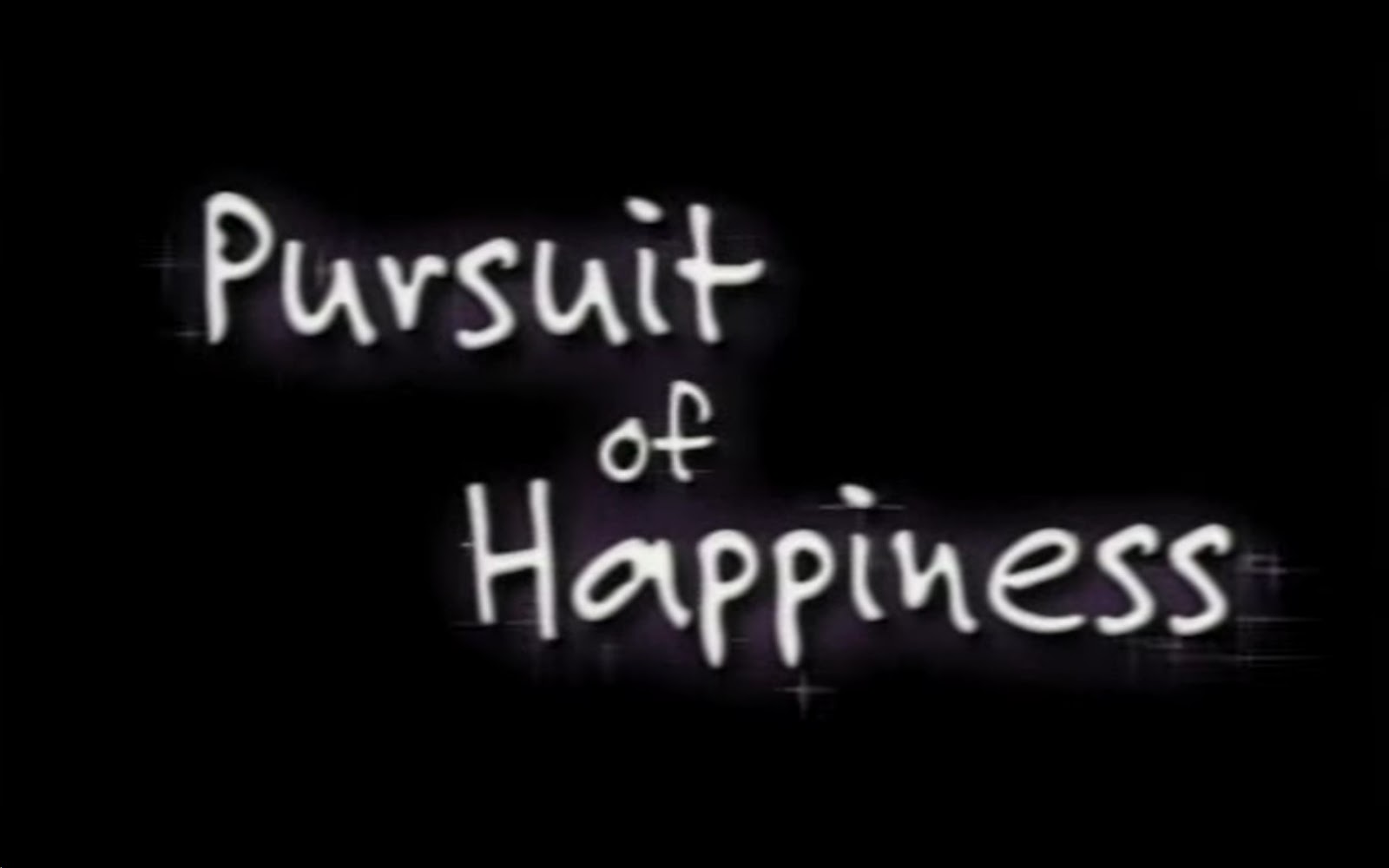Pursuit of HappinessCabaret: A Musical Quest
Back in 1999, renowned director-choreographer Susan Stroman and bookwriter John Weidman embarked on a collaborative journey that led to the creation of “Contact,” a Tony Award-winning collection of three short musicals. Among these, the standout story centered on a disillusioned advertising executive’s quest for a connection with a seemingly unattainable Girl in a Yellow Dress. This character might have been a figment of his imagination, but her impact on him was undeniable. After its initial run at Lincoln Center Theater’s Mitzi E. Newhouse Theater, “Contact” found a larger audience at the Vivian Beaumont Theater, captivating viewers for over 1,000 performances.
“Happiness”: A New Narrative on Connection
Fast forward to the present, Stroman and Weidman reunite at the Newhouse with their latest endeavor, “Happiness.” The musical, which concluded its run on June 7, introduces a new set of New Yorkers, each embarked on a quest not just for external connections but for an internal reckoning with the best parts of themselves. Set against the backdrop of a subway ride gone awry, the passengers’ irritation is momentarily alleviated by a subway worker who poses a seemingly simple yet profound challenge: to recall the happiest moment of their lives. Scott Frankel and Michael Korie, known for their Tony-nominated work on “Grey Gardens,” provide the score and lyrics, enhancing the narrative’s emotional depth.
The Morality of Mindfulness in “Happiness”
Stroman describes “Happiness” as a moral exploration of existence and mindfulness. She emphasizes the importance of being fully engaged in the moment, especially in a city obsessed with the relentless pursuit of success. The musical illustrates this through its characters, each reliving their happiest memories in vivid song and dance sequences. These characters, ranging from a Democratic interior designer with Republican clients to a conservative radio host, a bike messenger, a department store perfume sprayer, and a combative lawyer delayed by the stalled train, offer a mosaic of urban life and aspirations.
Zach: A Case Study in Fulfillment
Zach, the lawyer, emerges as a key figure in this ensemble narrative. His struggle to pinpoint a moment of genuine happiness reveals a deeper malaise—not the cliché of overlooked beauty, but a fundamental indifference to its existence. Through “Happiness,” Stroman and Weidman craft a reflective tale on the essence of joy and presence, suggesting that the key to fulfillment lies not in the relentless climb but in the ability to appreciate the journey and the fleeting moments that define our lives.
